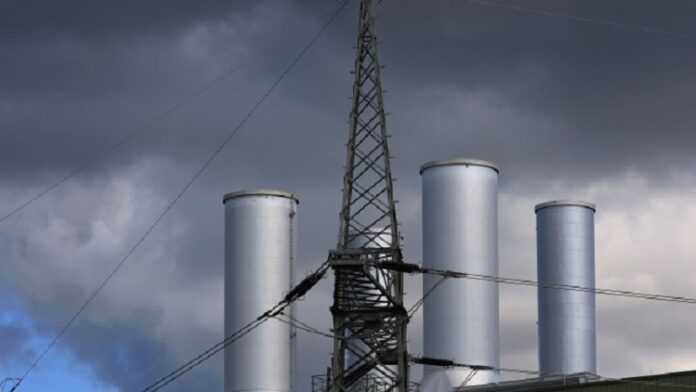A number of European Union nations are pushing for a price cap on natural gas used to generate power, but the bloc’s executive arm is warning that any such step would need to avoid boosting demand or subsidizing electricity to foreign consumers, according to Bloomberg.
The European Commission issued the caution ahead of a key ministerial meeting on Tuesday, according to a person familiar with the matter. The bloc’s executive arm is advising EU members that such a price limit would have to be extended to power-importing countries like the UK or Switzerland for it be effective, the person added.
Alternatively, the EU would have to export electricity at a higher price than in domestic trades, a move prohibited in a number of international agreements with partners, said the person, who asked not to be identified as talks on the issue are private. The commission circulated its view in the form of a document summarizing the costs and benefits of such a price cap.
Caps on gas prices top the political agenda in Europe as governments seek to rein in an unprecedented energy crisis triggered by a cut of gas shipments by Russia, the continent’s former biggest supplier.
EU leaders last week agreed to press ahead with a package of measures to lower soaring gas and power bills that fuel inflation, threatening to push the 27-nation bloc into a recession.
Some countries are worried that the EU isn’t moving swiftly enough to address the energy price shocks and market distortions.
“Time matters and we have to be fast, and I won’t hide that I’m slightly disappointed that we’re not going forward as fast as possible,” Jozef Sikela, industry minister for the Czech Republic, which holds the EU’s rotating presidency, told reporters Tuesday. “The game is not over and the winter is coming.”
While a majority of countries are demanding a broad cap on wholesale gas prices – introduced through a corridor on the region’s biggest virtual marketplace – a smaller group of nations wants to limit prices of gas used for electricity generation, similar to a model already implemented by Spain and Portugal.
To enter into force, any EU cap would yet have to be proposed by the commission and then win approval from member states.
Such a process would take at least several weeks. In the first step, the bloc’s energy ministers need to reach an agreement on a regulation proposed by the commission on October 18 and pave the way for market intervention, a move that could take place at an emergency meeting expected toward the end of November.


